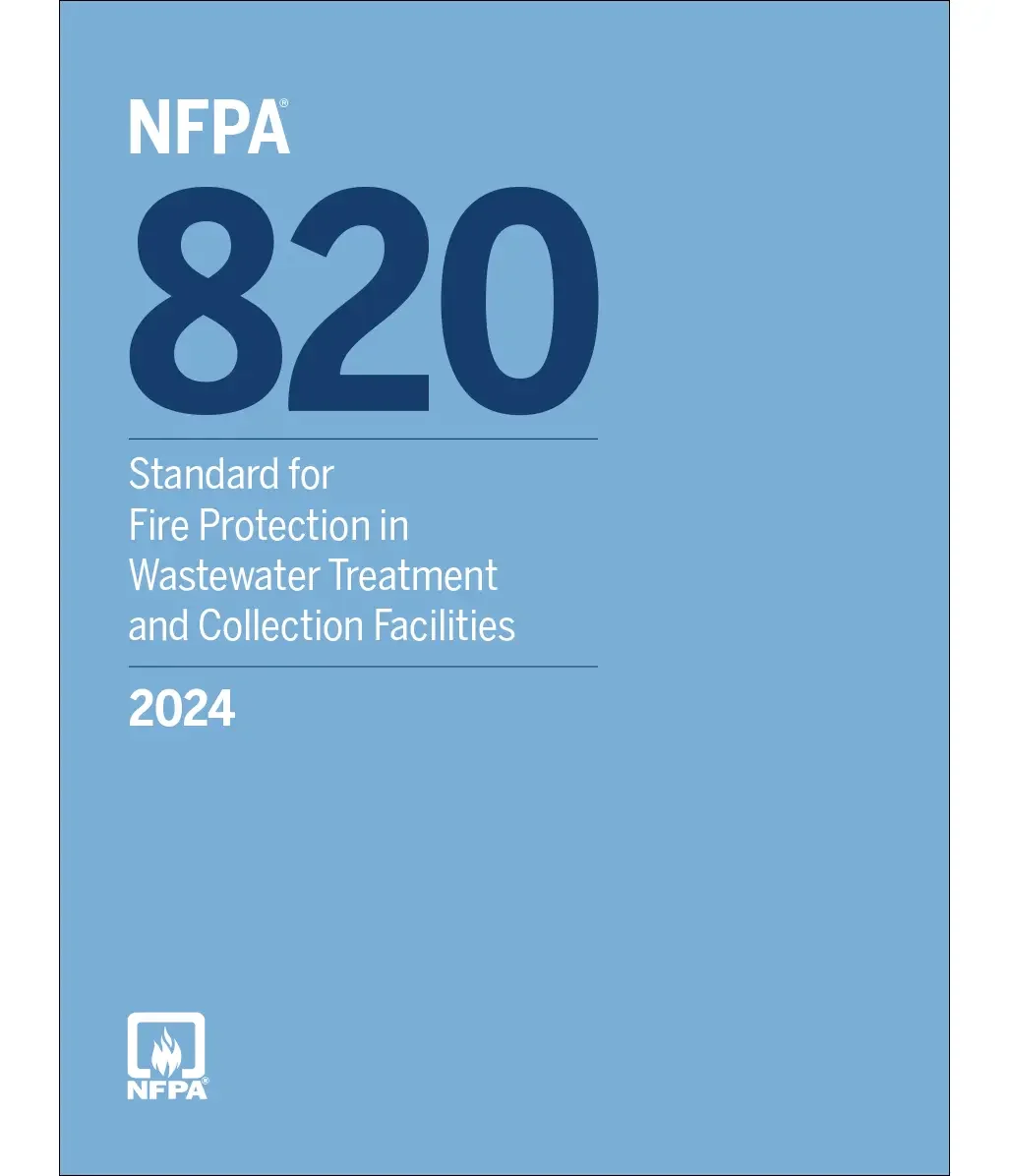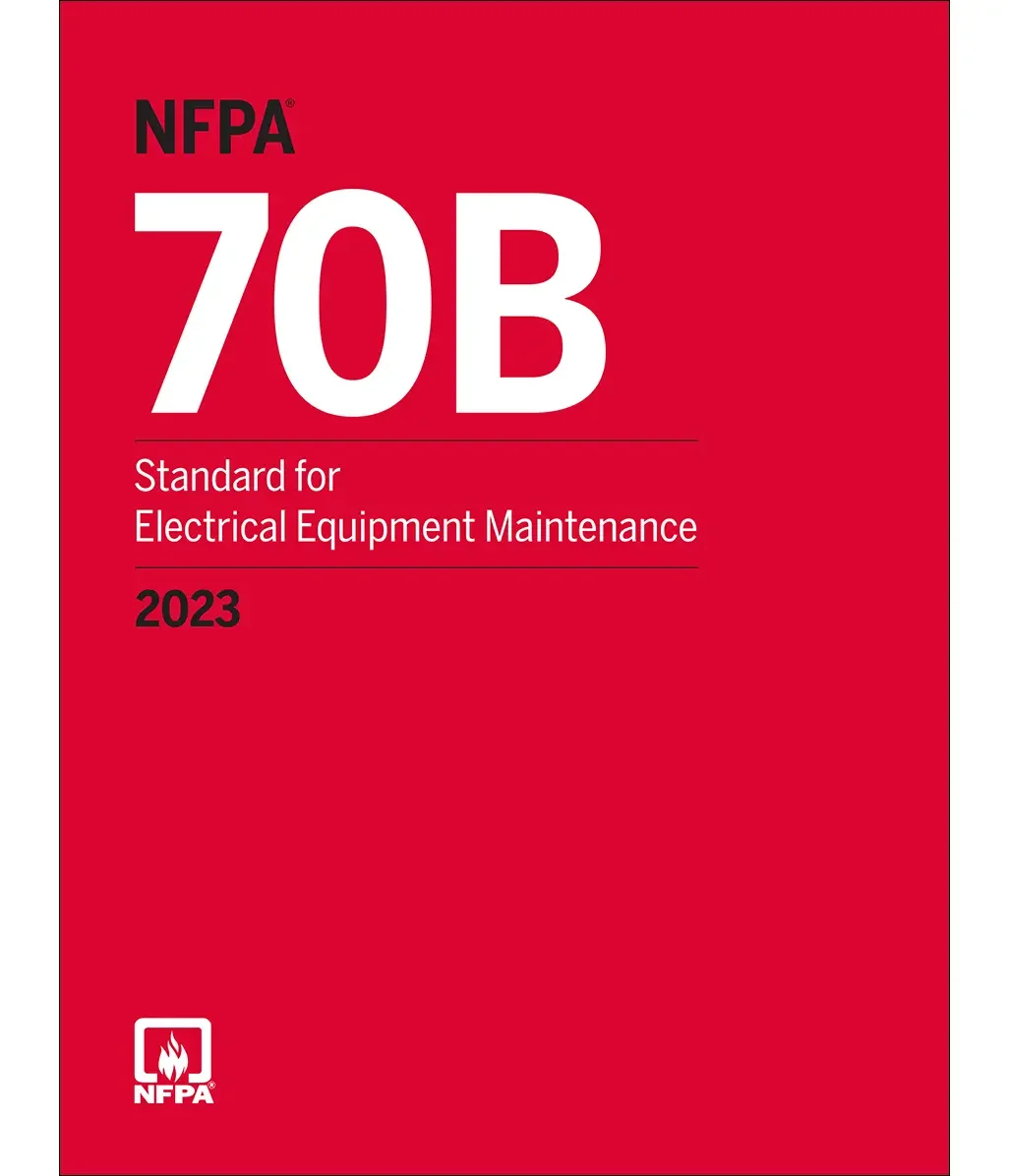.0906 LICENSE INELIGIBILITY AFTER VIOLATION
(a) Non-licensee. Any person, partnership, firm or corporation not duly licensed by the Board and found to be engaging or offering to engage in a given electrical contracting project in North Carolina shall be subject to the provisions of G.S. 87-48. Furthermore, such person, partnership, firm or corporation shall not be eligible for a qualifying examination or to obtain a license until the Board has found that any commitment to the project involving the person, partnership, firm or corporation has been voided and that the project, if continued, has been awarded to a person, partnership, firm or corporation duly licensed by the Board to engage or offer to engage in the project.
(b) Licensee. Any licensee of the Board found to be engaging or offering to engage in a given electrical contracting project in North Carolina exceeding the project limitations or scope of the licensee’s current license shall be subject to the provisions of G.S. 87-47 and 87-48. Furthermore, the licensee shall not be eligible to upgrade its license to a higher or general classification, or for a qualifying examination therefor, until the Board has found that any commitment to the project involving the licensee has been voided and that the project, if continued, has been awarded to a person, partnership, firm or corporation duly licensed by the Board to engage or offer to engage in the project.
History Note: Authority G.S. 87-42; 87-43; 87-47; 87-48; Eff. October 1, 1988; Amended Eff. February 1, 1990.
NC State Board of Examiners of Electrical Contractors
NCAC Title 21 Chapter 18
North Carolina General Assembly
§ 87-48. Penalty for violation of Article; powers of Board to enjoin violation.
(a) Any person, partnership, firm, or corporation that violates any of the provisions of this Article or that engages or offers to engage in the business of installing, maintaining, altering, or repairing within North Carolina any electric wiring, devices, appliances, or equipment without first having obtained a license under the provisions of this Article is guilty of a Class 2 misdemeanor.
(b) Whenever it shall appear to the State Board of Examiners of Electrical Contractors that any person, partnership, firm or corporation has violated, is violating, or threatens to violate any provisions of this Article, the Board may apply to the courts of the State for a restraining order and injunction to restrain such practices. If upon such application the court finds that any provision of this Article is being violated, or a violation thereof is threatened, the court shall issue an order restraining and enjoining such violations, and such relief may be granted regardless of whether criminal prosecution is instituted under the provisions of this Article. The venue for actions brought under this subsection shall be the superior court of any county in which such acts are alleged to have been committed or in the county where the defendants in such action reside.
(c) When the Board prevails in actions brought under this section, the court shall award the Board its reasonable attorney's fee not to exceed five thousand dollars ($5,000) plus the costs associated with obtaining the relief and the investigation and prosecution of the violation.
(d) Examination applicants who have failed to pay a court award pursuant to subsection (c) of this section shall not be allowed to take any examination offered by the Board until the award has been satisfied. (1937, c. 87, s. 13; 1969, c. 669, s. 1; 1979, c. 904, s. 14; 1989, c. 709, s. 10; 1993, c. 539, s. 606; 1994, Ex. Sess., c. 24, s. 14(c); 2021-84, s. 5; 2024-49, s. 3.1(b).)
R104.8 Liability.
The building official, member of the board of appeals or employee charged with the enforcement of this code, while acting for the jurisdiction in good faith and without malice in the discharge of the duties required by this code or other pertinent law or ordinance, shall not thereby be rendered civilly or criminally liable personally and is hereby relieved from personal liability for any damage accruing to persons or property as a result of any act or by reason of an act or omission in the discharge of official duties.
Keep Pace with Safety Innovations in Wastewater Treatment.
Fire and explosion hazards in wastewater treatment plants and related collection systems are a significant public safety concern. NFPA 820, Standard for Fire Protection in Wastewater Treatment and Collection Facilities, helps ensure treatment facilities, plants, sewers, and ancillary structures are safe and compliant.
The requirements offer hazard classification and general provisions for construction, ventilation, and electrical installation in wastewater treatment facilities.
Proper maintenance is absolutely essential to the safety of your facility and your employees.
NFPA 70B, Standard for Electrical Equipment Maintenance, details preventive maintenance for electrical, electronic, and communication systems and equipment—such as those used in industrial plants, institutional and commercial buildings, and large multifamily residential complexes. Used alongside the requirements in NFPA 70E®, Standard for Electrical Safety in the Workplace®, NFPA 70B helps users develop and carry out an effective electrical preventive maintenance (EPM) program for all types of equipment and assemblies.
Current Codes
2018 Codes
The 2018 NC Codes (Effective 1/1/2019) include the 2018 NC Ad-Hoc Committee amendments as adopted by the Building Code Council and approved by the Rules Review Commission along with the 2015 International Codes.
The following 2018 Codes were effective from January 1, 2019 and are currently effective.



